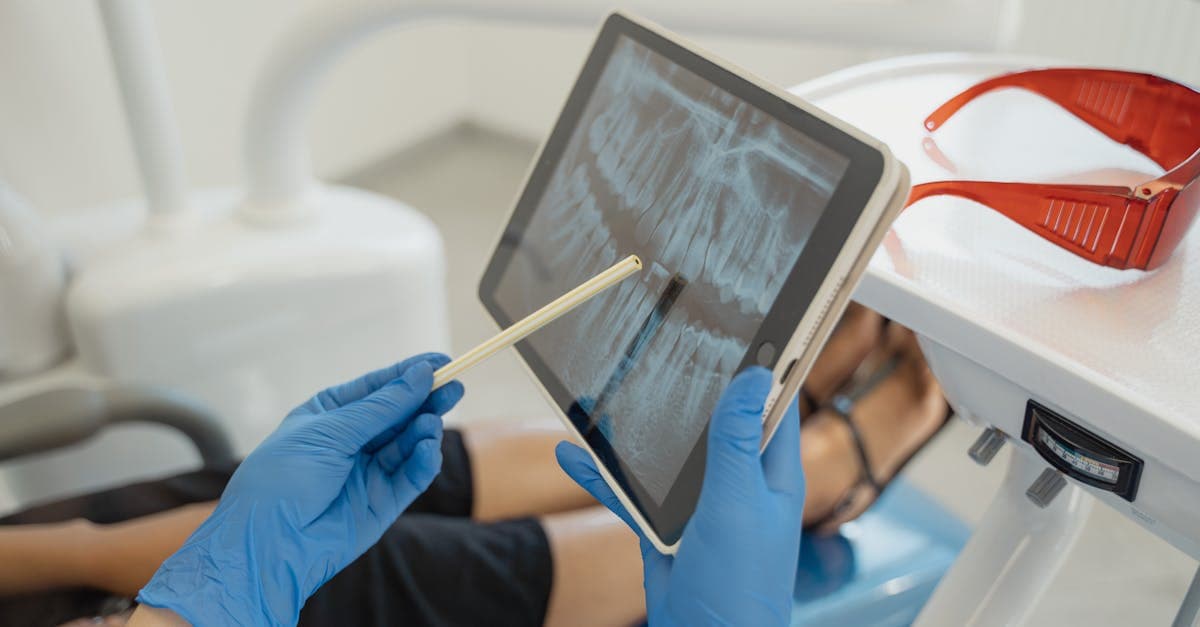Published on:
5 min read
Innovative Approaches to Treating Macular Degeneration: Exploring Advanced Therapies
Macular degeneration affects millions worldwide, leading to vision loss and affecting daily life. This blog explores cutting-edge therapies reshaping treatment options, providing hope for patients and families alike.

Understanding Macular Degeneration
Macular degeneration is a condition primarily affecting individuals over 50, characterized by the deterioration of the macula, part of the retina responsible for sharp vision. This condition can be categorized mainly into two types: dry and wet. Dry macular degeneration progresses slowly and causes gradual vision loss, while wet macular degeneration can lead to more rapid vision decline due to abnormal blood vessel growth. Despite its prevalence, treatment options have traditionally been limited. However, advancements in research are paving the way for innovative therapies that may transform the way we address this debilitating condition.
Gene Therapy: A Revolutionary Approach
Gene therapy has emerged as a groundbreaking approach in treating certain types of macular degeneration, particularly the inherited forms. This innovative treatment involves delivering healthy genes into the retinal cells to replace or repair defective ones. Clinical trials have shown promising results, demonstrating that this therapy can stabilize or even improve vision in some patients. The concept is based on the idea that by fixing the underlying genetic cause, we can significantly alter the disease trajectory. Experts believe that gene therapy could represent a new frontier in the fight against this condition, providing hope where traditional therapies have fallen short.
Stem Cell Therapy: Repairing Damage
Stem cell therapy is another exciting area of research focused on regenerating damaged retinal cells in patients suffering from macular degeneration. Researchers are investigating the potential of using stem cells to replace the degenerated cells in the retina, thus restoring or maintaining vision. Ongoing clinical trials are assessing the safety and efficacy of different types of stem cells, including those derived from the patient's own body or from embryos. While still in relatively early stages, the outcomes so far are showing promise. If successful, stem cell therapy could not only slow down disease progression but also repair damage already done.
Conclusion: A Brighter Future for Vision Health
As research progresses and technology advances, the landscape of macular degeneration treatment is evolving rapidly. These innovative therapies, including gene and stem cell treatments, hold the potential to significantly alter the lives of those affected by this condition. Patients should remain hopeful as new and effective options continue to emerge, ultimately paving the way for improved vision health and quality of life.
Published on .
Share now!










